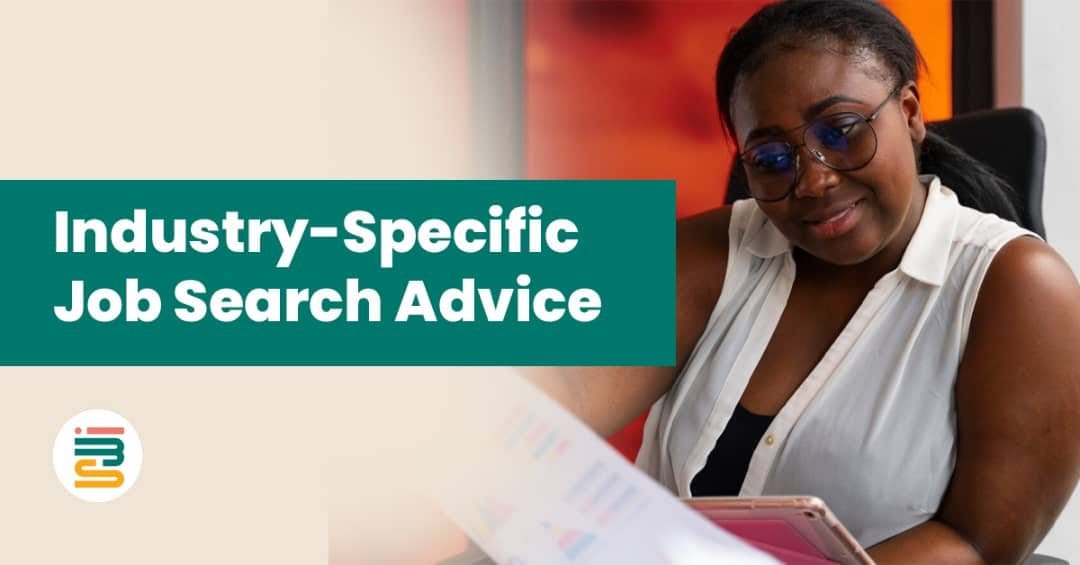Finding a job that truly fits you doesn’t have to be a struggle. If you’re unsure where to start or what kind of role would feel right, you’re not alone. One of the best ways to make your job search easier is by focusing on specific industries that match your interests and strengths. Rather than looking at all the options out there, narrowing down by industry can help you zero in on roles that feel natural and rewarding. This approach; industry specific job search advice can save you time and help you feel more confident in your search. Each industry has unique needs and skills that suit different types of people. For example, working in healthcare often means being patient and compassionate, while roles in technology require problem-solving skills and focus. By understanding what’s needed in each field, you can quickly see which paths are likely to fit you best.
In this guide, you’ll find simple, clear advice on how to match your skills to different industries, from finance to the arts and more. Whether you’re starting out, switching careers, or hoping to grow, this advice can help you find a role where you’ll feel at home. Let’s take it step-by-step toward a job that’s the right match for you.
Why Industry Specific Job Search Advice Matters
The job market is not one-size-fits-all. Different industries have different expectations, and understanding these norms can help you land a job. For instance, the tech industry may prioritize technical skills and certifications, while in healthcare, having specific training or certifications could make all the difference. Similarly, in fields like marketing, creativity and a strong portfolio are essential.
By following advice that’s tailored to your industry, you improve your chances of standing out. Generic advice might not cut it in a world where employers are looking for specific skills and qualifications. In fields like finance, where attention to detail and understanding complex regulations are key, or in the creative sector, where innovation and portfolio quality matter, understanding what employers expect can give you a huge advantage.
Identifying Key Industry Skills
One of the first things to do when job hunting is to identify the skills and qualifications that are most valued in your target industry. While every job will require some basic skills like communication, teamwork, and problem-solving, there are specific skills that each industry values more than others.
Read More: how we helped Francis migrate successfully with IBS
To identify these skills, use online tools like LinkedIn and industry reports. LinkedIn is a great way to see what skills top employers are seeking by looking at job listings in your field. You can also check out job boards like Indeed or Glassdoor to see which skills are mentioned most often in job descriptions. Industry specific job search websites, such as Stack Overflow for tech jobs or Health eCareers for healthcare, can help you pinpoint additional qualifications.
By understanding the key skills for your industry, you can focus on improving those areas or make sure they are highlighted in your resume and during interviews.
Tailoring Your Resume for Industry-Specific Jobs
Your resume is one of your most important tools in the job search. To stand out, it’s essential to tailor your resume to the specific industry you’re applying to. A generic resume won’t do justice to the unique requirements of each field.
Technology:
In the tech industry, employers often look for specific technical skills, such as knowledge of coding languages or software. If you’re applying for a web development job, you should highlight experience with programming languages like Python, JavaScript, or HTML. You might also include certifications or courses you’ve taken in relevant areas, such as coding boot camps or computer science degrees. Be sure to use keywords that are likely to be picked up by Applicant Tracking Systems (ATS).
Healthcare:
In healthcare, certifications and licenses are crucial. Whether you’re a nurse, doctor, or medical technician, you should include your professional certifications (e.g., RN, BLS, ACLS) on your resume. Be sure to focus on your hands-on experience and clinical skills. ATS systems in healthcare often look for keywords related to your role (e.g., patient care, medical terminology) and the specific certifications you hold.
Finance:
In finance, employers value education and certifications like a CFA (Chartered Financial Analyst) or CPA (Certified Public Accountant). It’s important to highlight your analytical skills and experience with financial software like Excel, QuickBooks, or specialized accounting systems. ATS systems will look for keywords like “financial analysis,” “budgeting,” or “risk management.”
By customizing your resume for each industry, you show employers that you understand their specific needs and that you are the right fit for the job.
Read More: this is how to apply for a job when you have not one experience
Preparing for Industry-Specific Interviews
Once you’ve got your resume in shape, the next step is preparing for interviews. Different industries have different expectations for what they want to see in candidates during interviews.
Technology:
For tech jobs, interviewers often focus on your problem-solving ability. You might be asked to solve coding problems on the spot, or demonstrate your ability to think through complex scenarios. It’s also common for technical interviews to include a skills test or a whiteboard challenge. Be sure to brush up on your technical knowledge and prepare for questions that test your logical thinking.
Healthcare:
In healthcare interviews, interviewers will often focus on your ability to work under pressure and handle patient care situations. You may be asked about how you would deal with a medical emergency or a difficult patient. Additionally, interviewers will want to know about your medical knowledge and whether you keep up-to-date with the latest practices in the field.
Read More: standing out in the job market has never been more easier for you
Creative Industries:
In creative fields, like marketing or design, interviews are likely to be more focused on your portfolio. Interviewers will want to see evidence of your creativity, your approach to projects, and how you handle deadlines. Expect to be asked to describe your creative process or to give examples of past work.
Common Industry-Specific Interview Questions
- Tech: “Can you explain a challenging coding problem you solved?”
- Healthcare: “How would you manage a difficult patient?”
- Marketing: “Can you describe a campaign you worked on that succeeded?”
Preparing for industry specific job search interview questions will help you feel more confident and increase your chances of success.
How to Network Effectively in Your Industry
Networking is an essential part of the job search process, but the best way to network can vary by industry. Here are some tips on how to network effectively in different fields:
Read More: Attention Ghanaians! This is how to get a job in the USA
- LinkedIn: This platform is important for all industries but especially for tech, finance, and marketing. Ensure your profile is complete, with a strong headline, detailed experience, and recommendations from previous employers or colleagues.
- Industry-Specific Job Fairs: Attend job fairs that cater to your field. For example, if you’re in healthcare, look for health-specific career expos. In tech, there are numerous coding and software development events you can attend.
- Local Networking Events: Many cities host industry specific job search meetups or professional associations. These are great places to meet others in your field and learn about new job opportunities.
- Online Communities: Join online groups or forums that are relevant to your industry. For example, Stack Overflow for tech professionals, or Behance for creative designers. These platforms offer a chance to connect with others, share experiences, and even find job leads.
Effective networking helps you make valuable connections that could lead to job opportunities and collaborations.
Job Boards and Resources for Specific Industries
Using the right job boards can help you find industry specific job opportunities. Here are a few examples:
Read More: Searching for more opportunities? This is how to move from the USA to Switzerland
- Tech: Platforms like Indeed, Glassdoor, and Stack Overflow Jobs are great for tech roles. You’ll find job listings for software engineers, developers, data analysts, and more.
- Healthcare: Websites like Health eCareers and Medzilla focus on healthcare positions. If you’re looking for roles in hospitals, clinics, or public health organizations, these are valuable resources.
- Finance: Use job boards like eFinancialCareers, Indeed, or LinkedIn to find finance-related roles like investment banking, financial analysis, or accounting.
These platforms are industry specific job focused, meaning they only feature job listings that are relevant to your field, making your search more targeted and efficient.
Additional Tips for Industry-Specific Job Searches
To increase your chances of landing a job, here are a few additional tips:
- Personal Branding: Create an online presence that showcases your skills. For example, if you’re in design, build an online portfolio. If you’re in tech, share your coding projects on GitHub.
- Upskilling: Consider taking courses or certifications to make yourself more attractive to employers. Many industries have specific qualifications that can help you stand out.
- Professional Online Presence: Keep your LinkedIn and other professional profiles up-to-date with relevant skills, experiences, and accomplishments. Different industries might value different aspects of your profile, so adjust it accordingly.
Having a strong online presence and up-to-date qualifications will help you stand out in competitive industries.
About IBS Consulting
Looking to make your job search smoother and more successful? IBS has you covered. With deep expertise across board, IBS Consulting helps job seekers, like you, target roles that fit their skills, interests, and long-term goals. Whether you’re going into tech, healthcare, finance, or creative fields, IBS knows what it takes to stand out and thrive. From personalized resume advice to interview prep and networking strategies, IBS Consulting can connect you with opportunities that feel right.
Read More: this is how to write your cover letter
Conclusion
Finding a job that’s right for you requires more than just a simple job search. It involves understanding the specific demands of the industry you want to work in and tailoring your approach to meet those needs. By identifying key industry skills, customizing your resume, preparing for interviews, networking, and using industry specific job search advice boards, you increase your chances of landing the job that fits your career goals.
Remember, the more you match your job search tips by industry with the specific needs of your chosen field, the better your chances of finding success. Reach out to IBS today, let IBS Consulting guide you towards a job you’ll love!



